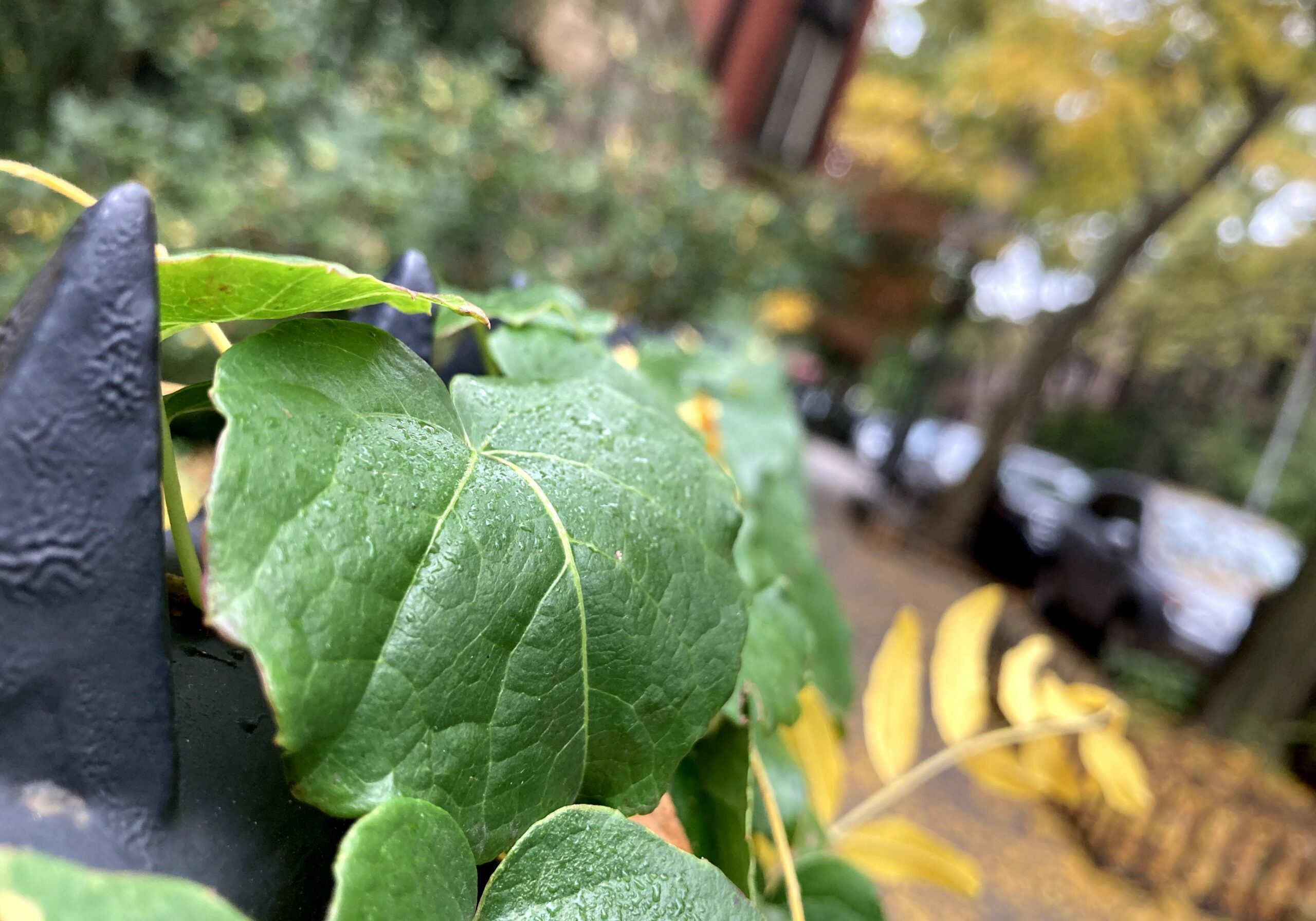May 21, 2024
Let’s just do, this and I can get back to killing you with beer

To power through is to continue with something to the end.
You tap into some sort of energy reserve to keep moving forward in a determined way despite difficulties.
Like when you’re jet lagged and totally about to fall asleep at your desk. Or when that stupid team project has already taken three times as long as it should, but the finish line is in sight.
What about when your road trip still has an hour left and you’re going stir crazy behind the wheel?
Each of these situations inevitably leads to the same response which is, just power through. Don’t let fatigue or pain deter you from achieving your goals. Harness your inner strength and energy and willpower to overcome the challenge of the moment.
I recently read a post on a mental wellness message board that personified powering through perfectly. Here’s what the man said.
I just decided early on that I was going to make it as hard as possible for life to kill me. I know it’s stupid to aim petty spite at some abstract form of reality, but that’s just the way it is. I want to give life the finger. I use my anger and frustration as fuel for my spite and disdain, and I just keep going, letting life look at me and discover that it is not stopping me. Powering through is exhausting, painful, and unpleasant, but it’s also viable source of motivation.
Wow, imagine if you used those mantras to power through? Can you tap into a reserve like that on a moment’s notice?
Now, to err on the side of empathy, let’s accept that motivation is a subjective, nuanced, complicated mechanism. Sometimes trying to power through feels like someone giving you a dead fish and telling you to chop a tree down with it. Sometimes it’s almost more annoying to hear those two words, because frankly, if you could power through, you would have done it by now.
And by the way, I understand we all have to make rest and recovery a priority.
Of course we protect our physical safety. Of course we’re mindful of mental health. Of course we don’t perpetuate a culture of overwork. Of course we’re careful not to mask the underlying issues. Of course we ask for help when we realize we can’t do it alone. Of course, of course, of course.
But at a certain point, if we seek the fulfillment of achievement, and if we want to build resilience, overcome fear and build real character, we have to get good at powering through. It’s a subroutine that will serve us in every arena of life. People who can structure their mindsets, workdays and behaviors to power through the inevitable crankiness, exhaustion and absurdity of life, are disproportionately happier.
Question is, how can we take responsibility and confront the difficulty instead of cowering in fear? Is powering through a learnable skill?
Homer, the cartoon dad not the mythical poet, famously made a deal with himself to power through. In a memorable episode when he goes back to college as a middle age man, he had the following conversation inside his head before the final exam.
Alright brain. You don’t like me and I don’t like you. But let’s just do this, and I can get back to killing you with beer.
Well, that’s certainly one way to power through. Who doesn’t love using alcohol and drugs as a coping strategy for moving through difficulty?
All jokes aside, I do like this idea of making a deal with ourselves. Some kind of upfront commitment where we acknowledge the suckiness of our current circumstance and try to move forward despite it.
Homer, for example, blatantly disregards conventional motivation language. His reasoning for powering through the final exam is not noble or virtuous. He just wants to get back to drinking beer.
Maybe there’s something useful there. Because when difficult feelings are the only things stopping us from powering through and doing what is right, we have to find a way to say, screw it. And if possible, we should quantify that commitment.
I have a friend who teaches piano lessons to kids, and he always starts off with twenty hours. That’s the deal he invites students to make with themselves. They must precommit to a minimum of twenty hours of deliberate practice, even if the pain sounds like a saucepan.
This constrain limits their work in a positive way. It helps them overcome the initial frustrations that come from sucking at doing something new.
Kids learn to tell themselves, okay me, whatever happens, we’re going to give piano twenty hours of practice, and then we’ll see. And more often than not, that commitment helps them bite the bullet through all the negative emotions like embarrassment, incompetence, confusion and disappointment.
By the time they make it to twenty, one of two things happens. Either they give up and vow never to tickle the ivories again, because clearly this instrument was not made for them. Or they power through and continue playing for a lifetime.
But no matter which path they take, they still feel super proud of themselves.
And that’s big secret. When we’re running on fumes and barely have any energy left, the act of powering through becomes more important than the content of the activity.
At that point, it doesn’t matter how good we are at the thing, only that we finish it. That’s enough.
We trust that closing that existential loop will pay dividends.
Completion provide us with more motivational energy down the road, even if we’re not sure what it’s for.
How good are you at powering through?

